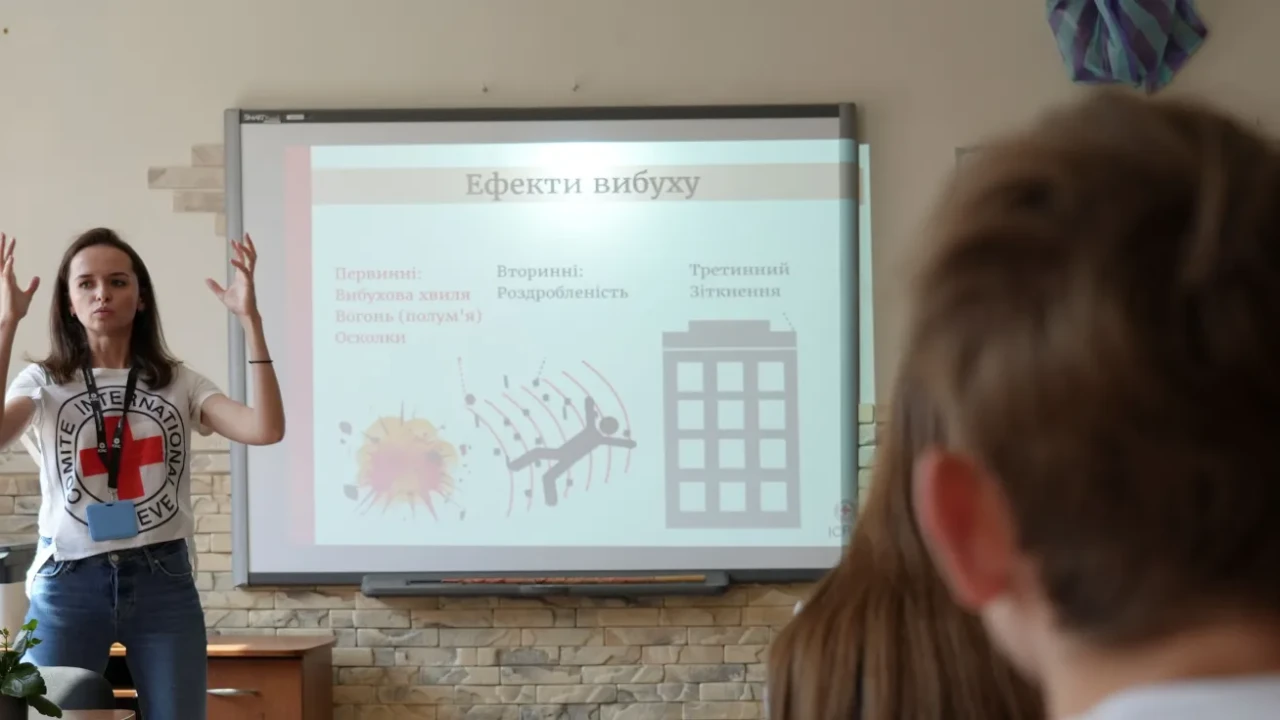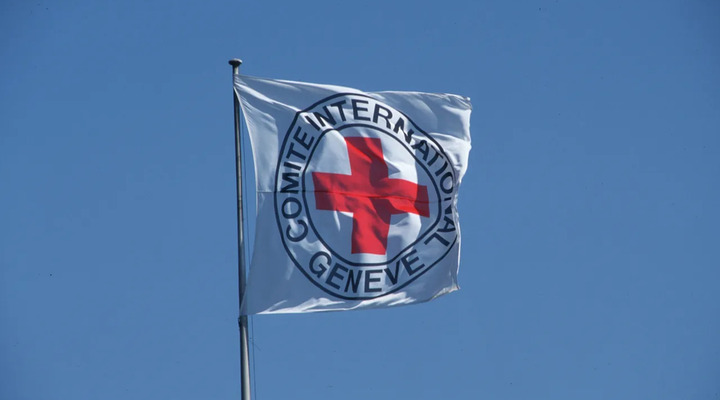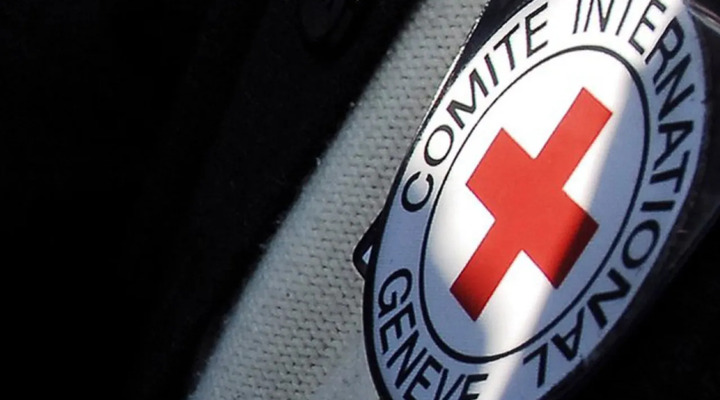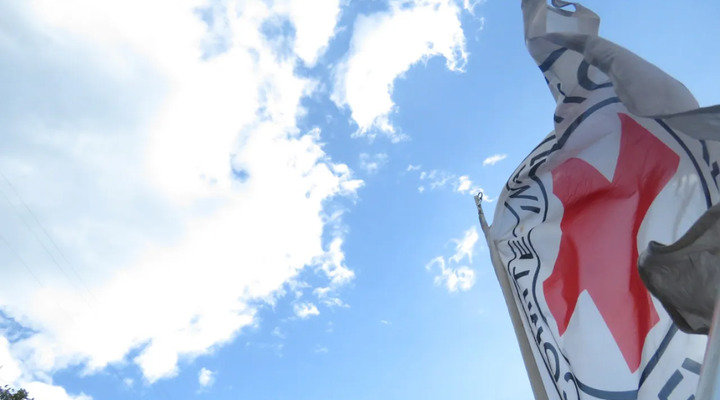Ukraine crisis: Several thousand families still searching for their loved ones
Kiev (ICRC) – Two years after the start of the conflict in eastern Ukraine, the problem of missing persons remains acute. At least 1,000 people have gone missing, though no exact numbers are available. Today the International Committee of the Red Cross (ICRC) opens an exhibition entitled Uncertainty: Families of the Missing on Both Sides of the Conflict, devoted to missing persons and their families on either side of the line of contact in Donbas, eastern Ukraine.
"Eighty-eight per cent of the people whose relatives have gone missing continue to look for their loved ones, and two-thirds of them believe their relatives are still alive," said Christine Beerli, vice-president of the ICRC. "They might be alive or they might be dead, and this uncertainty causes their families intense stress and suffering."
According to the cases compiled by the ICRC, the vast majority of missing persons are men (96%), and almost half of them have no military status. Moreover, 40% are under 36 years old. Nearly half of the families of missing persons complain that the officials they contact are unable to provide any information, or provide them only with insufficient information, on the whereabouts of their relatives. In despair, almost one in two families of the missing turns to fortune tellers for help.
"The ICRC works to foster cooperation between all parties involved in the search for missing persons, from governmental bodies to forensic institutions. Our services are there for everyone seeking contact with, or news about, family members who are missing or from whom they are separated", said Alain Aeschlimann, head of the ICRC delegation in Ukraine. "Together with the local Red Cross, ICRC teams are ready to assist families who are looking for their relatives. People have the right to know what happened to their loved ones."
The exhibition is being held at Teatralna Square and will remain open until 12 September 2016.
About the ICRC in Ukraine
The ICRC's services are free. As an independent, neutral and impartial humanitarian organization, the ICRC focuses on helping the most vulnerable. Its teams visit people detained in connection with the conflict in government-controlled areas, and are negotiating access to places of detention on the other side of the line of contact. Whenever possible, the ICRC participates in operations to release and transfer detainees between the parties concerned. The organization is delivering food, hygiene items, medicines and building materials to the worst-affected communities and is helping various water boards to provide drinking water and repair vital infrastructure. The ICRC also regularly reminds those concerned of their obligations under international humanitarian law. These universally recognized rules, which are based on a clear distinction between civilians and military personnel, require that civilians and civilian infrastructure be protected from the effects of hostilities.
Overview of the ICRC's work in Ukraine in 2016
More than 2 million people benefited from ICRC assistance to water- and electricity-supply companies, including the provision of 600 meters of very large pipes for repairing damaged sections of water lines near the line of contact.
More than 400,000 people received food parcels and more than 360,000 received essential household items.
Over 19,000 people benefited from the ICRC's distribution of construction and roofing materials and tools.
A total of 734,000 persons received drugs for non-communicable and chronic diseases. Over 100,000 blood samples can now be tested for HIV, hepatitis and syphilis, thanks to the ICRC's donation of different testing systems to blood banks in eastern Ukraine.
Nearly 11,500 patients received cartridges and flacons of insulin, and 230 patients received hemodialysis disposables, in the Lugansk and Donetsk regions.
Some 2,500 landmine markings were installed along the line of contact, as well as 11 latrines to stop people from wandering into minefields.
Three hundred thirty-three people detained in connection with the conflict were visited in 26 places of detention run by the government.
Some 450 families are searching for their missing loved ones with the help of the ICRC and the local Red Cross societies.
For further information, please contact:
Alina Murzaeva, ICRC Kiev, tel: +380 067 509 42 06
Sanela Bajrambasic, ICRC Donetsk, tel: +380 50 315 04 60
Jennifer Tobias, ICRC Geneva, tel: +41 79 536 92 48




